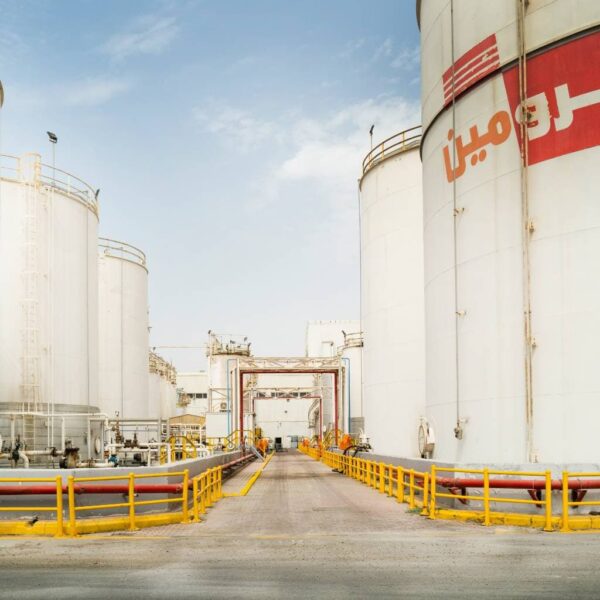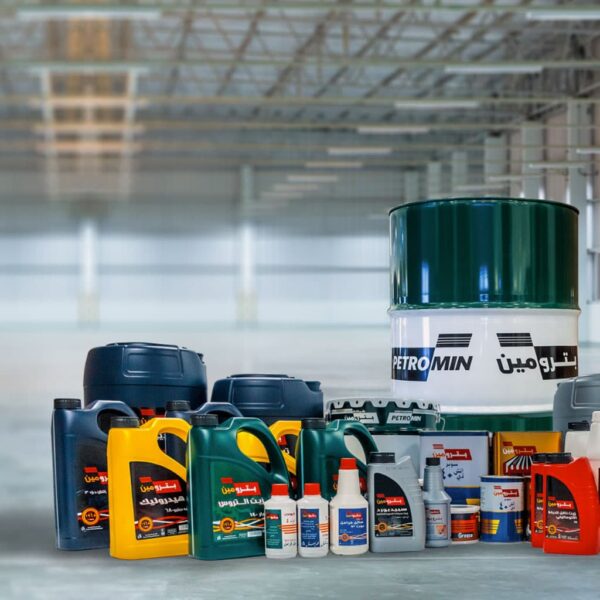Petrolube: Logistics Efficiency
Driving carbon out of the supply chain
Petrolube is the market leader in the Middle East for lubricant products. With its state of the art blending plant in Jeddah, backed up by Riyadh and Dubai Blending facilities, it provides world-class products to motorists, and to industrial and government institutions. Petrolube produces over 250 different lubricants products and exports products to over 35 countries in the GCC, Middle East, Africa, and Asia. Over the last 50 years Petrolube has become a market leader in the Middle East.
In 2018, as part of their efforts in creating a green supply chain, Petrolube embarked on an initiative to improve the efficiency and reduce the carbon footprint of logistics. To achieve this they developed a trip management process that ensures optimal truck utilization through a system of careful planning and scheduling.
The challenge
The global economy categorizes the different kinds of carbon emissions a company creates through its own operations and across the wider value chain. It is widely agreed that looking at your own operations (scope 1 & 2 emissions) is not enough, and that the greatest of opportunities for decarbonisation exist by working in partnership across supply chains (scope 3 emissions).
Petrolube offers a range of 250 different lubricants products and exports these products to over 35 countries in the GCC, Middle East, Africa, and Asia. It is no surprise, therefore, that logistics is an area where both an inward review of Petrolube’s owned fleet, and engaging with their partner carriers, could make a considerable impact on the overall emissions across the supply chain.


The response and results
Improving logistics efficiency has been achieved through optimal use of Petrolube’s own fleet by introducing a Trip Management System (TMS), and secondly, through new ways of working with third party carriers.
Since introducing the TMS in 2018 there have been year on year improvements within Petrolube’s logistics utilization. For every ton of product delivered, overall efficiency of trips has improved by 20%, which equates to a 3% improvement since 2020.
By careful scheduling of the shortest and most effective delivery routes, Petrolube has been able to reduce the distance of each trip by an average of 10.2 kilometers. Overall this is a 25% distance reduction since 2018 with the goal to hit 30% by 2025.
Petrolube has reduced their total trip lengths by 3.2 million kilometers and cut their CO₂ emissions by around 3100 tonnes. This is the equivalent to removing 585 family cars from the road.
Overall the carbon footprint for Petrolube has been reduced by 15% since 2018.